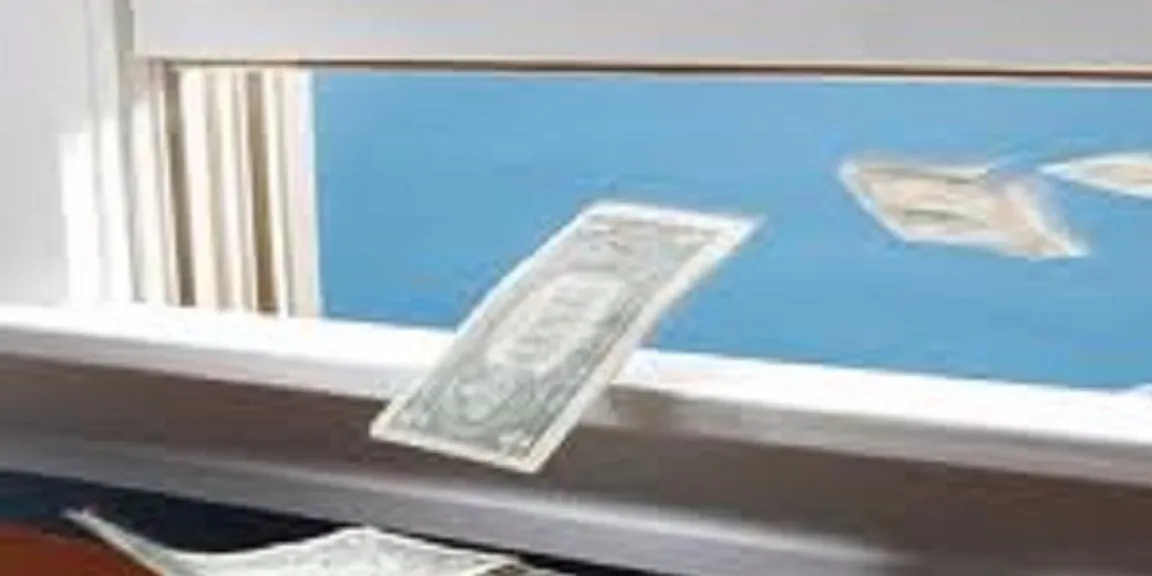

Sealing your home against air leakage is essential
Homes in Toronto burn a great deal of energy, so it should not come as a surprise that the demand grown considerably over the last couple of years. Homes waste energy on a daily basis. Most of that energy is spent on heating and cooling, which is the largest energy expense. Heating and cooling accounts for more than half of the energy used in the home, being used for the building, front porch, backyard, and even the driveway.
If your energy bills are through the roof, then the heating and cooling are sucking up all your energy. The first step towards energy conservation is sealing your home against air leakage. Air sealing your home is one of the best ways to save on heating and cooling costs. In addition to making your home more energy-efficient, it makes it more comfortable. What you need to do is do some serious air sealing work. Or get in touch with Toronto air sealing experts.
Importance of sealing your home against air leakage

As the seasons change, the gaps and cracks open and close, thus allowing air to come into the home. Sealing your home against air leakage involves restricting the passage of the air through the walls, floor or ceiling. But is it really necessary? Yes, it is. Air sealing the home is important; there is no question about it.
Air sealing impacts your utility bills, but in a positive way. By eliminating infiltrations, you can save up to 30% of energy costs. Your heating and cooling system will not have to run all the time since there are less leaks in the house. Basically, the heating and cooling system will work to your advantage. Air sealing is just like insulation, meaning that it reduces heat loss.
But what about humidity? If the cracks and gaps in your home are not sealed, lots of humid air will infiltrate in your home. The levels of humidity in the air affect your comfort and the functioning of the heating and cooling system. Through air sealing, you can control the humidity entering your home. Why not use insulation? Insulation materials like fiberglass are no good when it comes to humidity. They let the air leak through them. Air sealing, on the other hand, does not let humid air get into the home.
The other important component of your building – insulation – benefits from air sealing. The air will not penetrate the insulation if there is a proper barrier around it. Air leaks minimize the effectiveness of your insulation, but air sealing maximizes its R-value. Pay attention to the fact that this does not eliminate the need for adequate insulation. If the insulation is old and ineffective, you have no choice but to replace it.
Areas in the house for air sealing

Air leakage occurs in various locations in the home. They can appear virtually everywhere. These are the places where you are most likely to find infiltrations.
• Ceiling, walls, and floors
• Attic
• Windows
• Fireplace
• Ducts
• Tubs & showers
• Basements, crawlspaces
• Switches
It is important to stress that air leaks are not always visible to the open eye. If you are not sure where you should start, you can try the old-fashioned method of checking the home with a lit candle. Take the candle close to the potential leak. If the flames are flickering, then there is air infiltration. You should also have a contractor come take a look around your home. A trained professional has years of experience, so they will know where are the right places to look.
Air sealing your home for energy savings

If you are interested in getting the biggest bang for your buck, you need to get your hands on caulk or spray foam. These are not hard to find in Toronto. While caulk is good for small cracks, spray foam is suitable for large cracks and gaps. You should first start with the cracks between the walls and the floor. Next, focus your attention on pipes, windows, and wires. The last thing you need to do is spruce up the ceiling because this is where most air leakage takes place.
The DIY job may seem simple, but in reality it is not. To enjoy good quality air, hire an air sealing expert. A trained professional will make your home as energy-efficient as possible. What a contractor does is get into crawlspaces and typical locations and seals those areas. If you do want to make your home energy-smart and comfortable, it is time for you to call in the professional. Sure, you may enjoy tackling home improvement projects, but air sealing is not a good DIY project.



